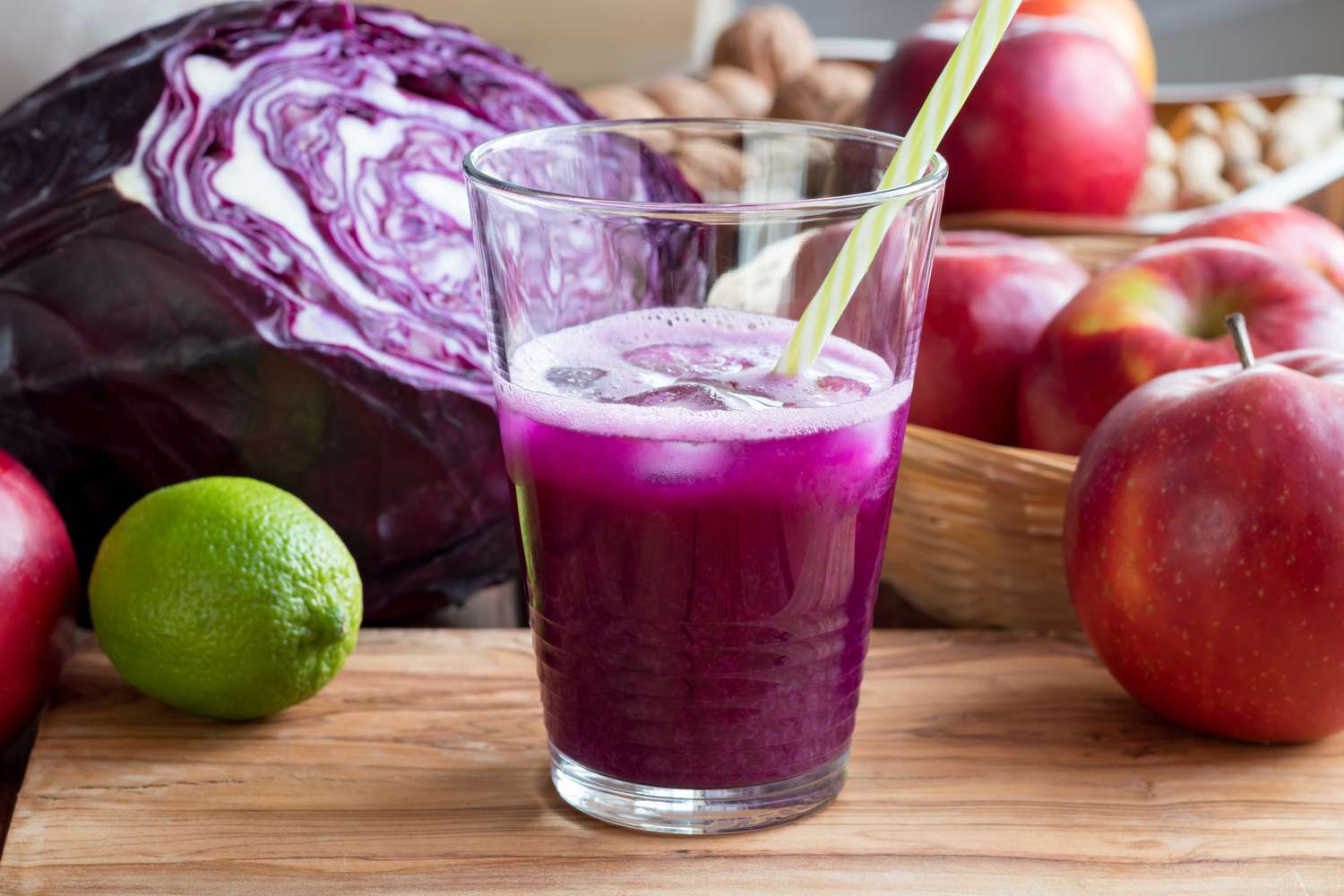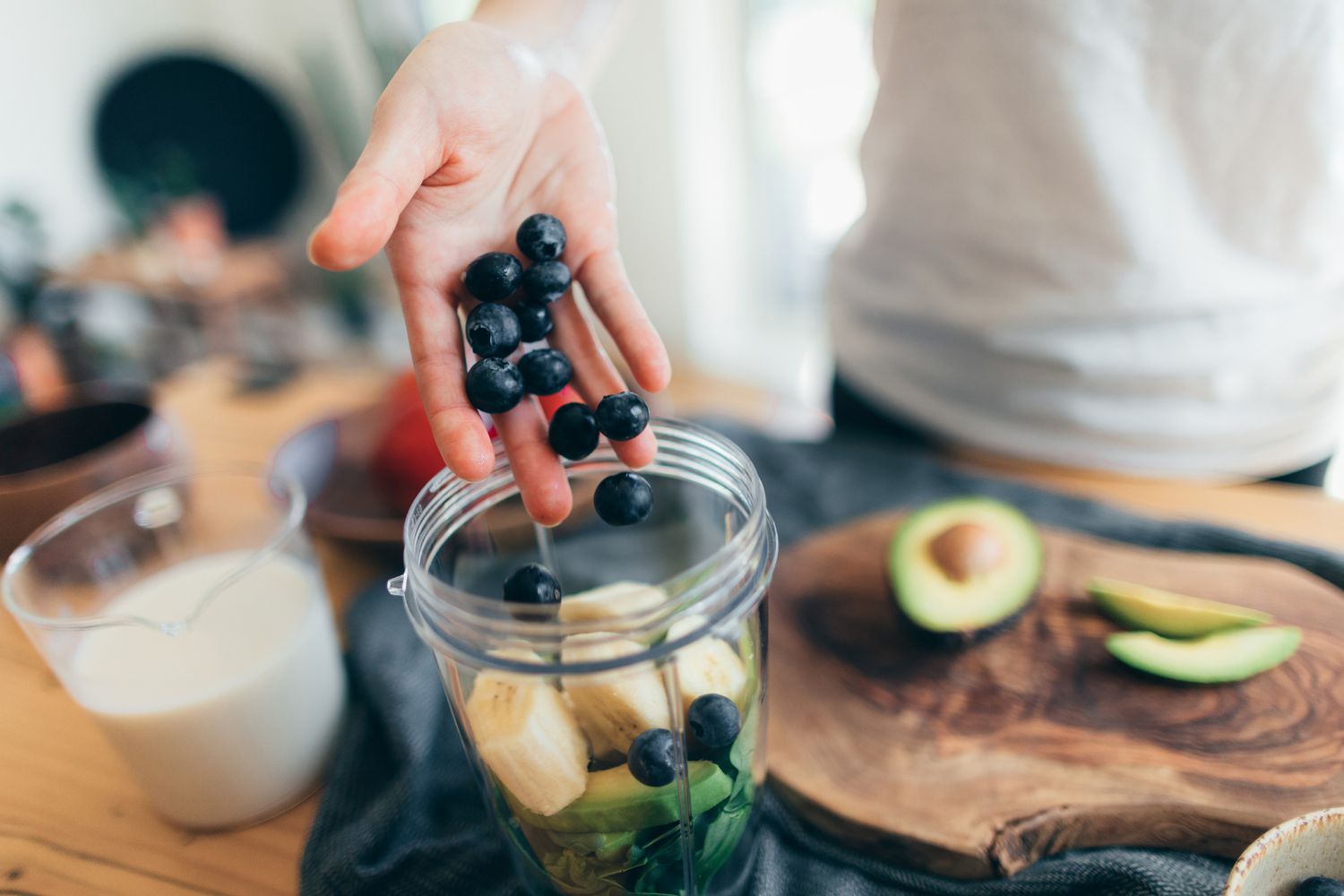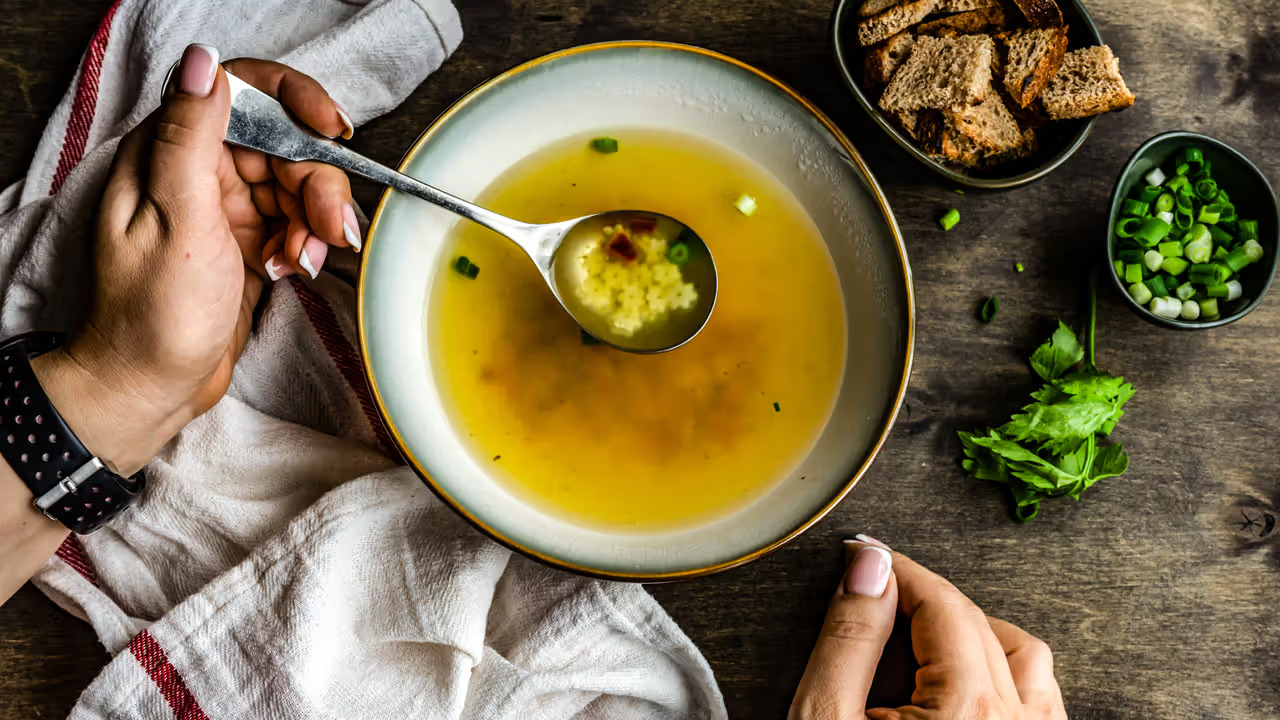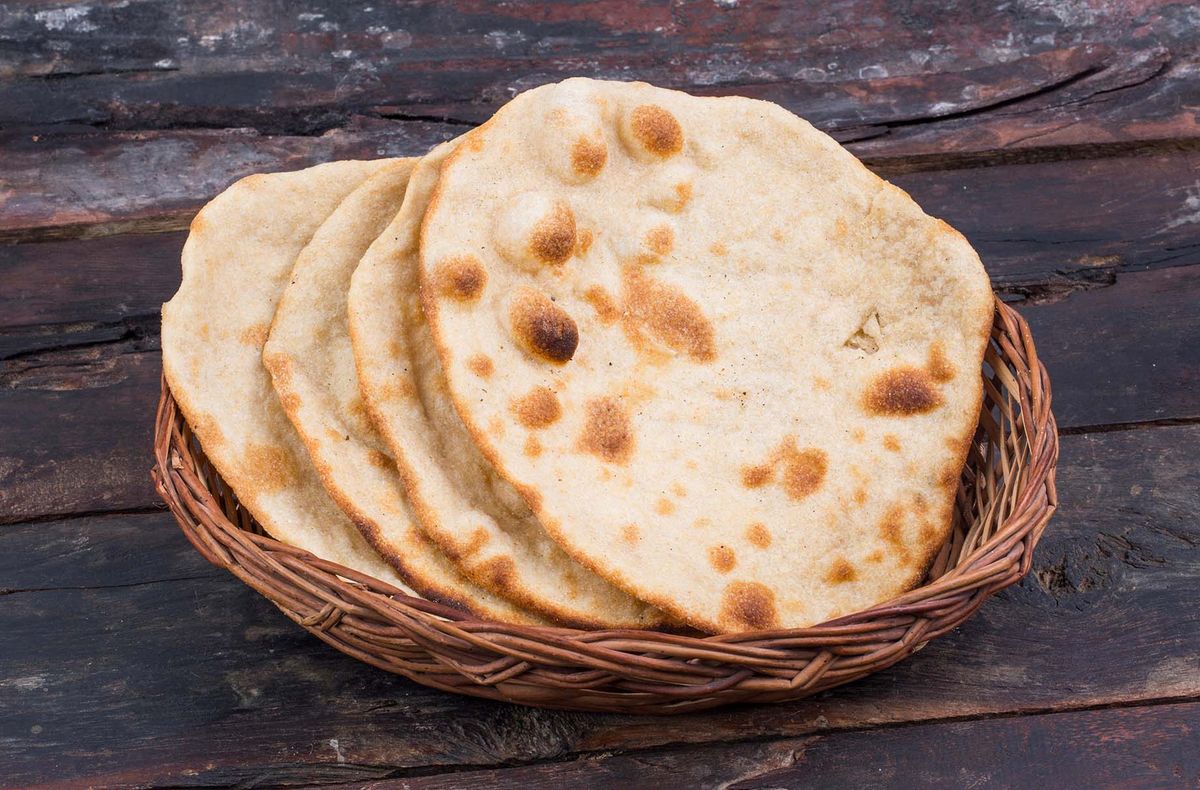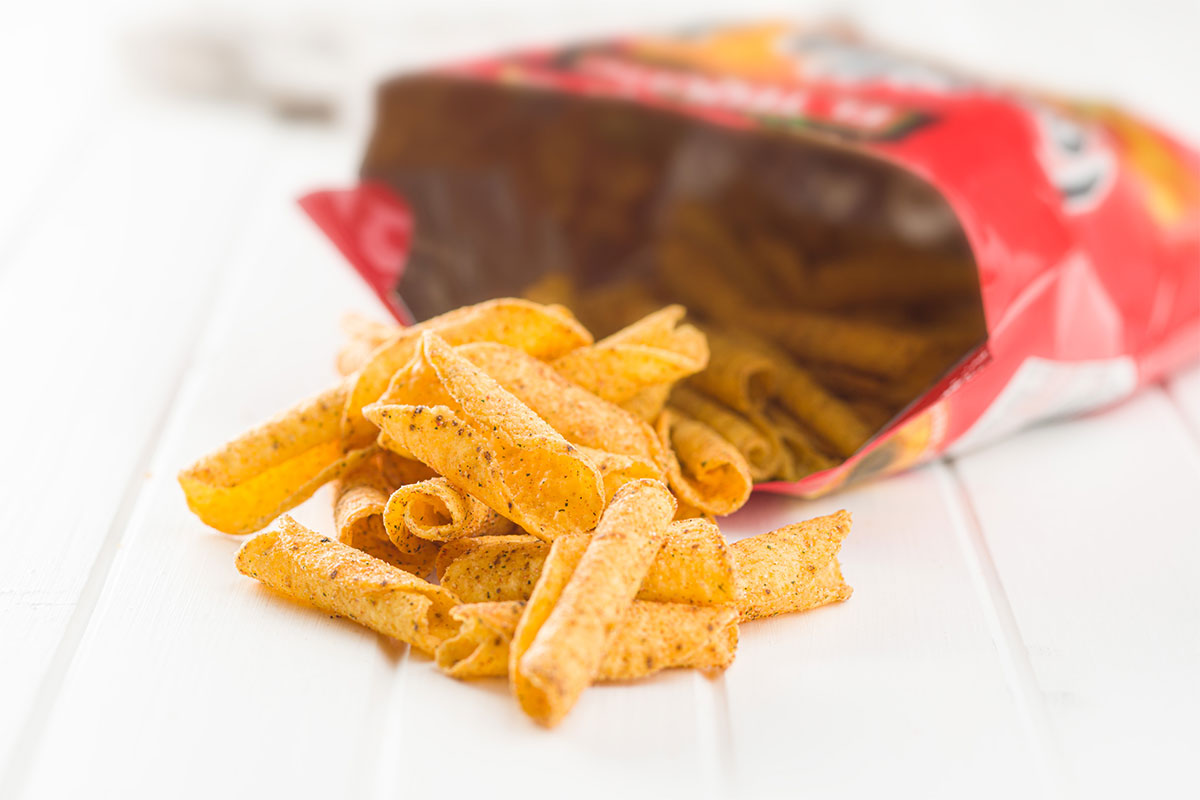What to Eat When You Have an Ulcer
If you have been diagnosed with an ulcer, you may be wondering what foods are safe to eat and which ones you should avoid. While diet alone cannot cure an ulcer, it can play a significant role in managing symptoms and promoting healing. Here are some tips on how to eat if you have an ulcer:
Focus on Fiber-Rich Foods
Fiber is essential for maintaining good digestive health, and it can be especially beneficial for individuals with ulcers. Foods such as fruits, vegetables, whole grains, and legumes are excellent sources of fiber. Including these foods in your diet can help prevent constipation and promote overall digestive wellness.
Choose Lean Proteins
When it comes to protein, opt for lean sources such as poultry, fish, tofu, and legumes. These options are easier on the digestive system compared to fatty cuts of meat. Additionally, incorporating probiotic-rich foods like yogurt and kefir can help promote a healthy gut environment.
Avoid Trigger Foods
While certain foods can help promote ulcer healing, others can exacerbate symptoms. Common trigger foods for ulcers include spicy dishes, citrus fruits, caffeine, and alcohol. It’s best to steer clear of these items to prevent irritation to the stomach lining.
Emphasize Healthy Fats
Healthy fats, such as those found in avocados, nuts, and olive oil, can be beneficial for individuals with ulcers. These fats are less likely to cause irritation and can provide essential nutrients for overall health.
Small, Frequent Meals
Instead of consuming large meals, opt for smaller, more frequent meals throughout the day. This approach can help prevent excess stomach acid production and reduce the likelihood of discomfort after eating.
Stay Hydrated
Hydration is key for overall health and can be particularly important for individuals with ulcers. Drinking an adequate amount of water can help maintain proper digestive function and prevent complications related to dehydration.
Supplements and Herbal Remedies
In addition to dietary adjustments, some individuals with ulcers may benefit from certain supplements and herbal remedies. Probiotics, vitamin supplements, and herbal teas like chamomile can offer additional support for digestive wellness.
Final Thoughts
While dietary changes can play a role in managing ulcers, it’s essential to work closely with a healthcare professional to develop a comprehensive treatment plan. By focusing on fiber-rich foods, lean proteins, and healthy fats, while avoiding trigger foods, individuals with ulcers can take proactive steps to support their digestive health.
Remember, every individual is unique, and what works for one person may not work for another. It’s important to listen to your body and make adjustments based on your own experience and the guidance of your healthcare provider.
By making informed choices about your diet and lifestyle, you can take control of your ulcer management and work towards optimal digestive wellness.
Was this page helpful?
ziemerlaw
Jay Ziemer is a family law and criminal defense attorney who practices criminal defense, DUI, divorce and child custody cases in Evansville, Indiana.


